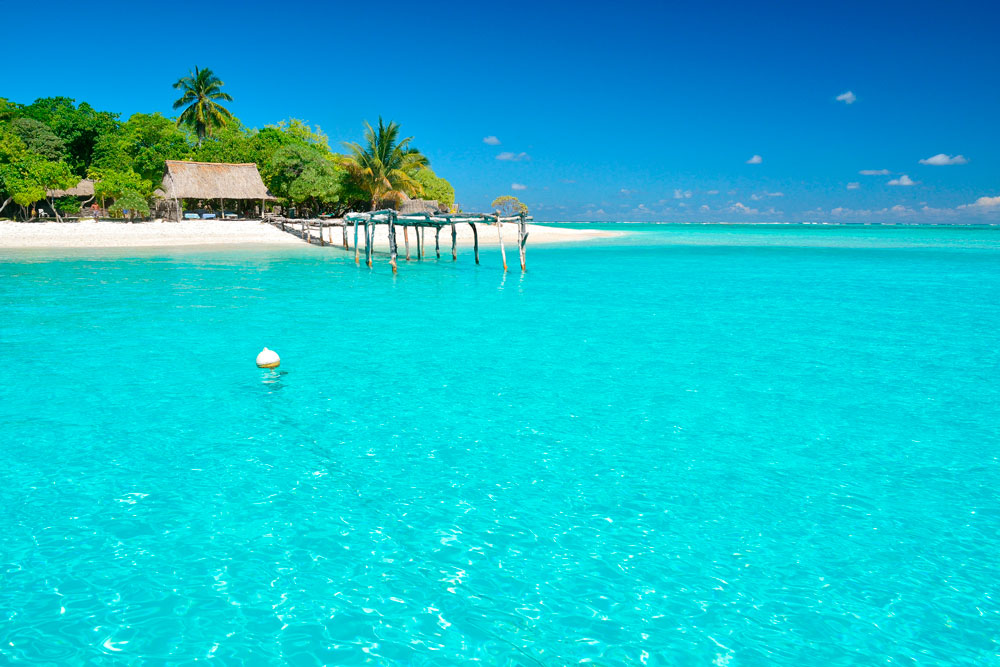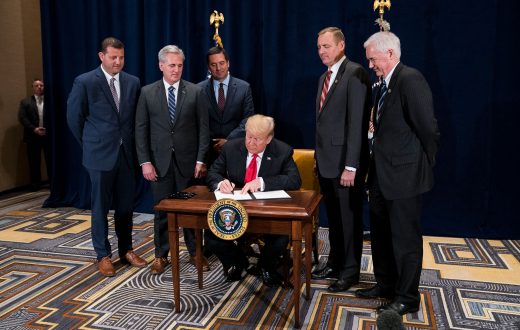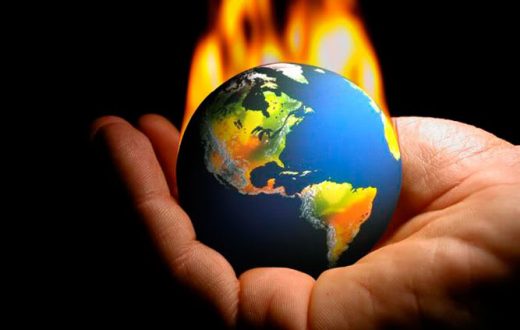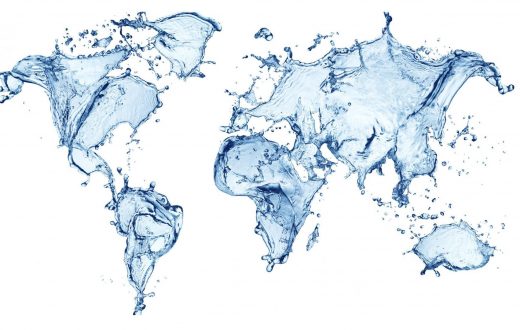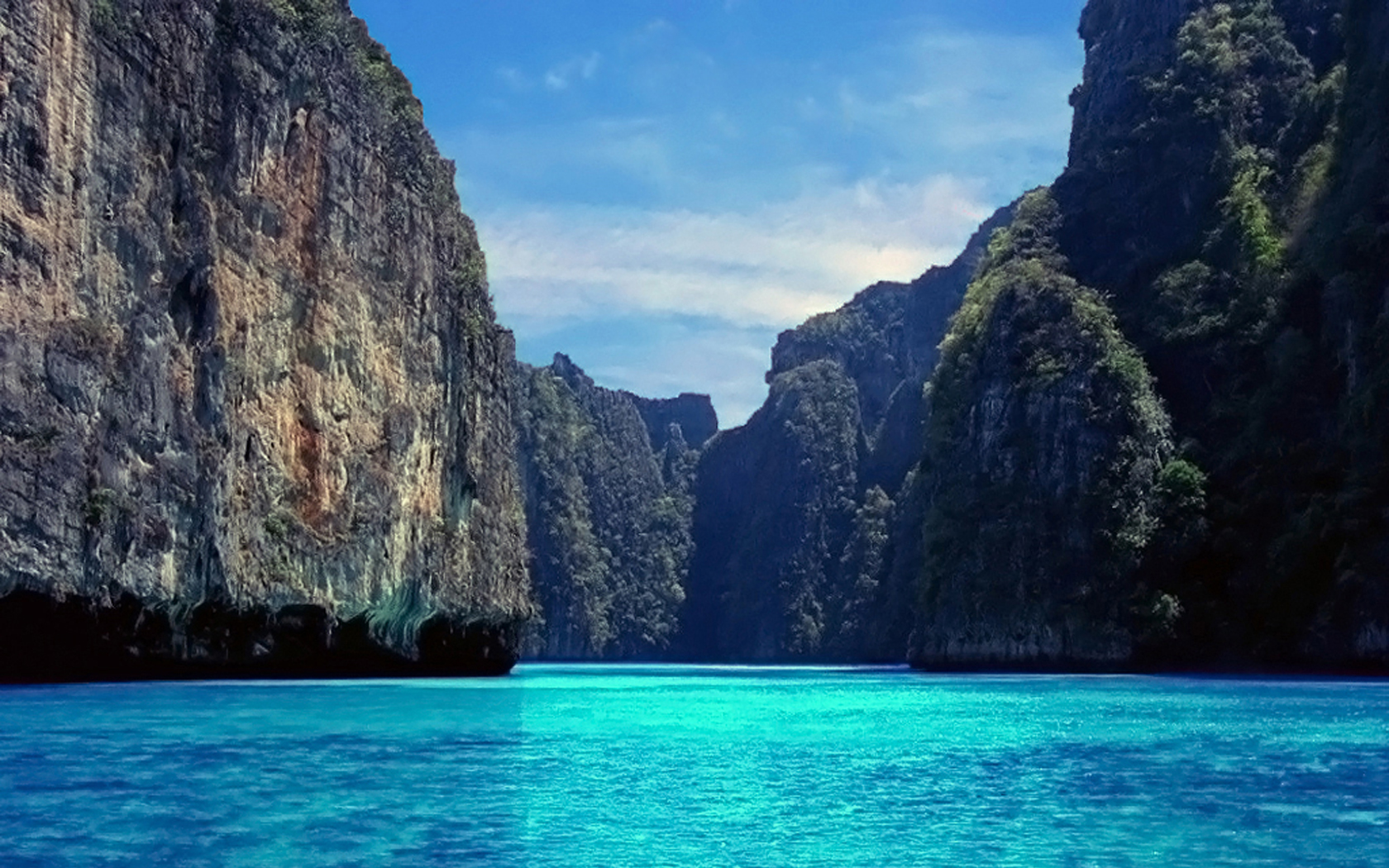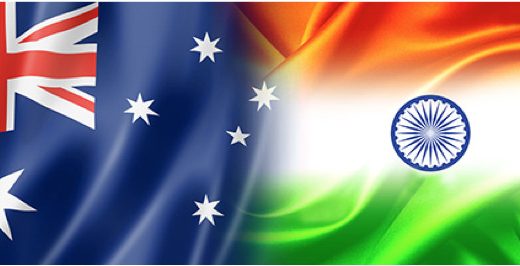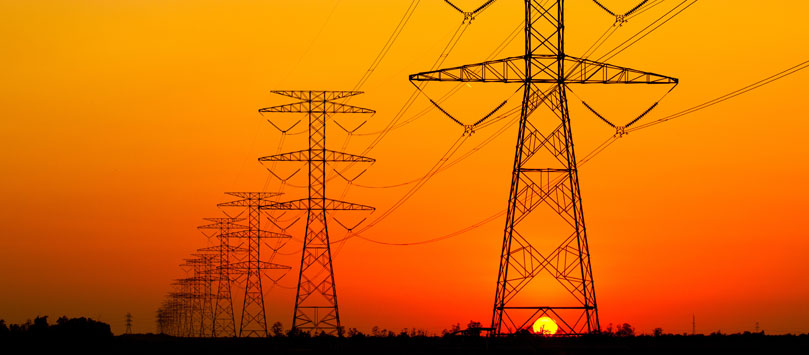This is meant to be a very /loud/ message, as the people of Kiribati are crying, yet failing to generate any noticeable response… I hope that my access to online platforms, which are unknown to many locals here, can make a tiny contribution to making their voice heard.

Kiribati, a beautiful island-nation in the Central Pacific, is living its last one or two generations before the islands will inescapably be swallowed up in their entirety by the Ocean, as the direct consequence of global warning. The islands are mostly comprised of atolls, with an average height of a mere 2 metres above sea-level, and a width of as little as 20-30 metres in some places. Most experts give the islands another 50 years, perhaps a tad longer, but there is another factor that will force an evacuation much earlier: the rising tides of the powerful Pacific Ocean are gradually seeping into the groundwater, rendering both local agriculture and the fresh water supply impossible to sustain. The people inhabiting these poverty-stricken islands, and yes, dead-poor they are indeed, now face the knowledge that within as little as one generation they will no longer be able to inhabit a country that they considered home for about 3,000 years.
Several islands have already disappeared, others have been emptied of humans in response to the rising salinity-levels in the groundwater. The reality of on-going relocation has meant that the population density on the main atoll of South Tarawa (who had ever heard of it?) is now nearly as high as that of London, and twice the density of Sydney, Auckland and New York. Formerly pristine, agricultural, coconut-paradise South Tarawa has forcibly been converted into a large conglomeration of pseudo-urban destitution.
The water keeps rising.
The government of Kiribati is evidently not sitting still, as they know the tides are relentlessly climbing closer and closer to the coast-line: they have tried to raise their cause in a plethora of international forums, with limited results. While the country can hardly be considered guilty of disrespect to mother nature, Kiribati has created the world’s largest marine protected area, a nature reserve, just to set an example and create awareness in the rest of the world of the need to preserve our natural heritage… the problem being, who had ever heard of this initiative? Desperate as things are slowly becoming, the government has pre-emptively petitioned Australia for /collective/ asylum, i.e. for its whole population, a concept unknown in legal terms. Guess what? So far they have received no reply… Admittedly the prospect of taking in over 210,000 global-warming refugees (and there are other countries, such as the Marshall Islands, that will soon join their ranks) must seem daunting to any country, rich or poor, large or small…
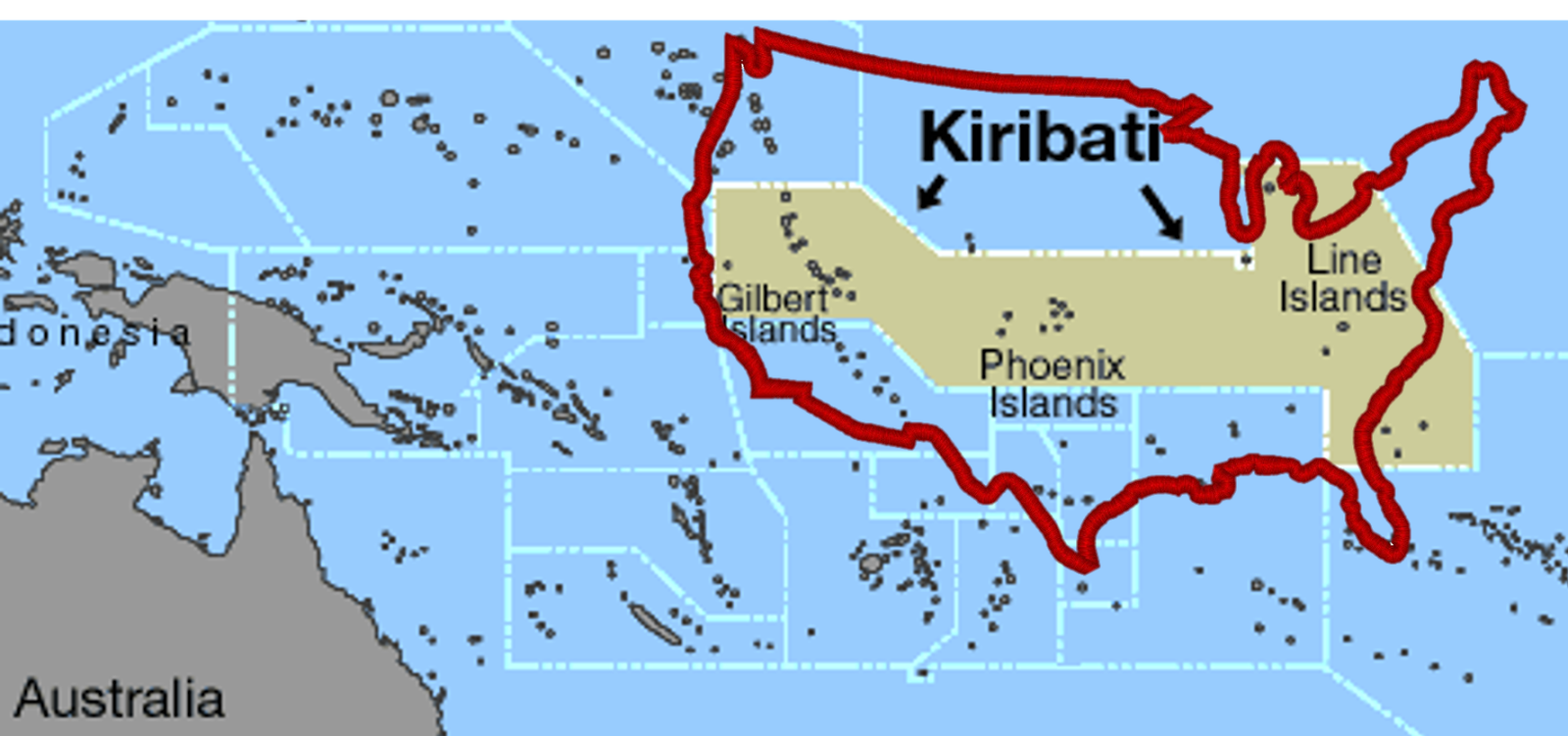
The water keeps rising.
Global warming has also increased the frequency of typhoons, and even tsunamis are becoming more threatening, given that the sea is reaching ever closer to people’s homes. Even relatively minor tsunamis now have a much greater impact than before: as the country is thin to the extreme (again, a mere 20-30 meters in many places), one now faces the reality that – other than the obvious fact that there is nowhere to run – the salty water brought in by the tsunami will cover the virtual entirety of the land, making it even more difficult to sustain agriculture and the fresh water supply alike.
The water keeps rising.
The people of Kiribati smile, in fact they smile all the time. They have a great sense of humour that makes them especially endearing to a visitor. They do not like to complain, and prefer brushing off their worries about the future in order not to inconvenience an outsider with their plight. But when sitting down with them in earnest, the truth eventually comes out: they are hopeless, and rightfully so… They know their world is ending, and it is ending as a result of carbon emissions that they did not generate, the goods and wealth produced by which they never enjoyed. It is a platitude that the world is an unfair place, but this is taking things a whole step further.
The water keeps rising.
Kiribati seems to be irrelevant. It really does. Not in my perception, at all, as strangely enough I had been looking forward for years to set foot on this remote group of island in the Central Pacific, but even its “bio-data” convey an air of irrelevance:
Kiribati, as exotic as it sounds, is actually the local pronunciation of the name given to the island group by its European conquerors, “the Gilberts”, after Captain Thomas Gilbert. As the I-Kiribati language lacks a ‘g’ and an ‘l’, this soon became ‘Kiribati’. Let’s agree it is never a good sign when you take on the name given to you by a foreign invader.
Worse, the name ‘Kiribati’ is pronounced ‘Kiribas’, with an ‘s’-sound instead of the expected ‘ti’ at the end. Rumour has it that this strange irregularity in spelling dates from the days that a ship-faring European was describing the islands to his home government, but the ‘s’ on his typewriter had broken off: the closest alternative was ‘ti’, which is identical in pronunciation to a ‘sh’ sound in words such as ‘naTIon’ or ‘probaTIon’, close enough to ‘s’. If true, the error has never been corrected.
Until recently Kiribati was carved up in the middle by the International Date Line, purposefully put in the centre of the Pacific in the first place because it wouldn’t bother many people there. This meant that the tiny island country was mostly living on different days in different island groups. Finally, in 1994, the country petitioned for the International Date Line to be moved, so that all of its territory could be living on the same date, quite a beneficial change to business. As an unintended extra, the new somewhat irregular geography of the International Date Line that accommodates the whole of Kiribati on its Western side, means that every new year, century and millennium (in fact, every new day) now starts in Kiribati. For as long as the islands continue to exist.
The water keeps rising.
At this point I feel I should let the I-Kiribati people speak for themselves… I have included two links, both on You Tube. The first one is a short introduction to the issue at stake. The second one – which I highly recommend – is a 30 minutes documentary. It starts in a very light-hearted manner, reflecting the good-natured essence of the I-Kiribati people, but please watch it until the end: you will see where the conversation goes after the smiley introduction…
I am aware this is all useless, as the water will not stop rising, but given that I am here now, it feels like the only thing I can do, and therefore /should/ do. Having spoken to many of the locals, I can say that the people of Kiribati thank you for taking note of their plight…
At the very least let’s heed their existence, as they watch their homeland disappear in front of their eyes…
Short introduction:
https://www.youtube.com/
Kiribati – Words from the Last Generation
(a 30-minute documentary)
https://www.youtube.com/
Yair McClanahan
About the author : Yair is a professor at IDC Herzliya and a World Traveller.

